The introduction should briefly explain the significance of 4-letter words ending in “U.” Highlight their relevance in word games, language learning, and puzzles, emphasizing how knowing these words can be beneficial for improving vocabulary and game strategies. It sets the stage for exploring these words in more detail throughout the article.
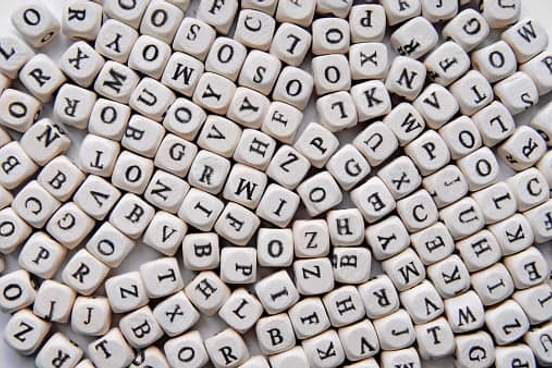
Common 4-Letter Words Ending in U
Here’s a closer look at some common 4-letter words ending in “U,” including their meanings and usage:
Guru
- Definition: A person who is regarded as a leader or teacher of a specific knowledge or skill; often used in the context of spiritual or philosophical guidance.
- Example Sentence: “She went to the guru for advice on her career path.”
Menu
- Definition: A list of dishes available at a restaurant or a list of options available in a program or system.
- Example Sentence: “The restaurant’s menu featured a variety of international cuisines.”
Tolu
- Definition: A type of resin obtained from certain trees, used in varnishes, and as a solvent; also refers to Toluene, a chemical compound.
- Example Sentence: “Tolu is commonly used in industrial applications for its solvent properties.”
Huru (Less common)
- Definition: A Swahili word meaning “free” or “liberated”; also used in names or specific contexts.
- Example Sentence: “The term ‘huru’ is often used in discussions about freedom in Swahili-speaking regions.”
Usage in Word Games
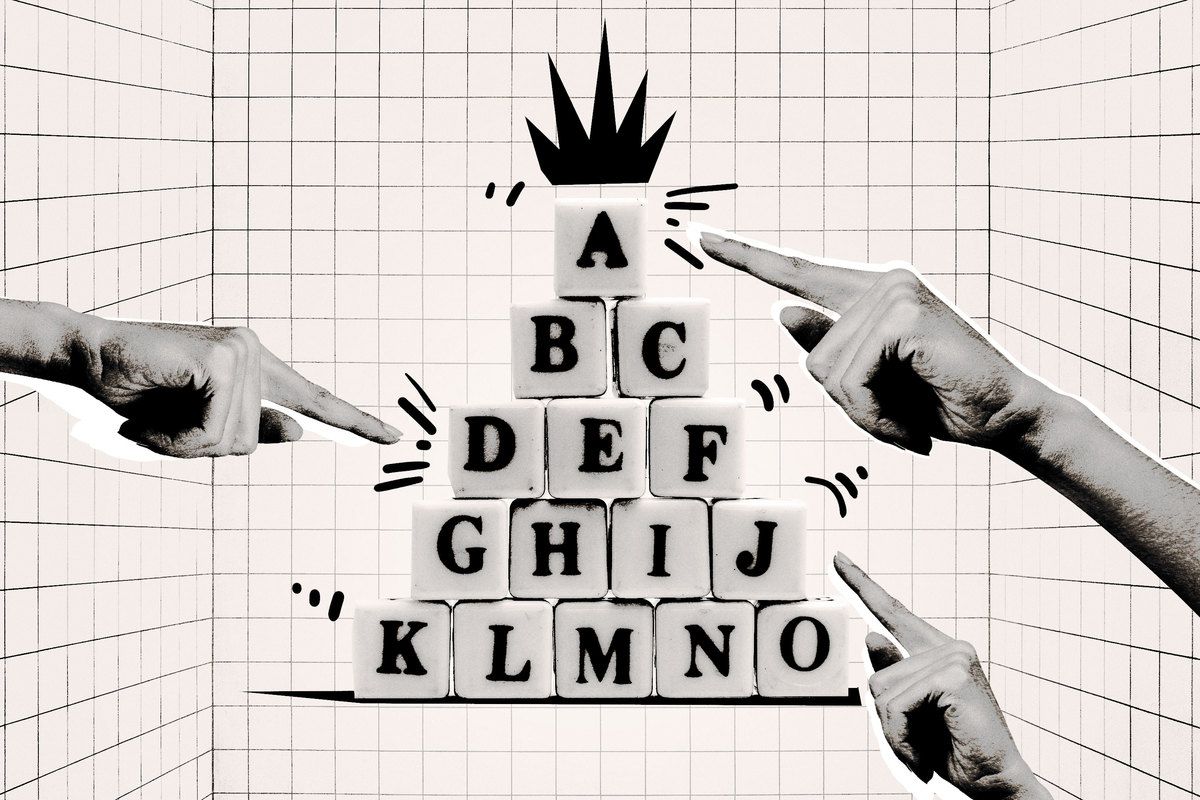
1. Importance in Word Games:
- Strategic Value: Knowing 4-letter words ending in “U” can be advantageous in word games like Scrabble, Words with Friends, and Wordle. These words might fit into tricky spaces on the board or serve as key plays to maximize your score.
- Flexibility: They can be useful for filling in gaps or completing words, especially in games that involve creating or solving words from a given set of letters.
2. Examples in Popular Games:
Scrabble:
- Scoring: Each letter has a point value, and while “U” is not the highest scoring letter, words ending in “U” can still yield valuable points if placed strategically on premium squares (like Double or Triple Letter/Word Score).
- Strategy: Knowing a few key 4-letter words ending in “U” can help you use up less common letters and open up new opportunities on the board.
Words with Friends:
- Gameplay: Similar to Scrabble, this game benefits from knowing a variety of words to maximize points and utilize premium squares. Words ending in “U” can often help to score more points by connecting with existing words or creating new ones.
Wordle:
- Guessing: While Wordle focuses on guessing a 5-letter word, having a knowledge of 4-letter words can help with word patterns and letter placements. For instance, knowing that “guru” ends in “U” might help in deducing other possible words.
3. Strategies for Using 4-Letter Words Ending in “U”:
- Board Placement: Look for opportunities to place these words in strategic locations, such as intersections with other words or premium squares. This can maximize your points and potentially create multiple words in a single play.
- Letter Usage: These words can help you use up challenging letters (like “U”) and possibly open up the board for better future plays.
- Puzzle Solving: In games that involve solving puzzles or crosswords, these words might fit perfectly into the clues provided, helping to complete the puzzle.
4. Memorization and Practice:
- Creating a List: Keep a list of useful 4-letter words ending in “U” handy to review regularly. This can aid in quick recall during gameplay.
- Practice Exercises: Engage in practice games or puzzles that specifically target the use of these words. This helps reinforce their usage and improves overall game performance.
Word Search and Puzzle Solvers
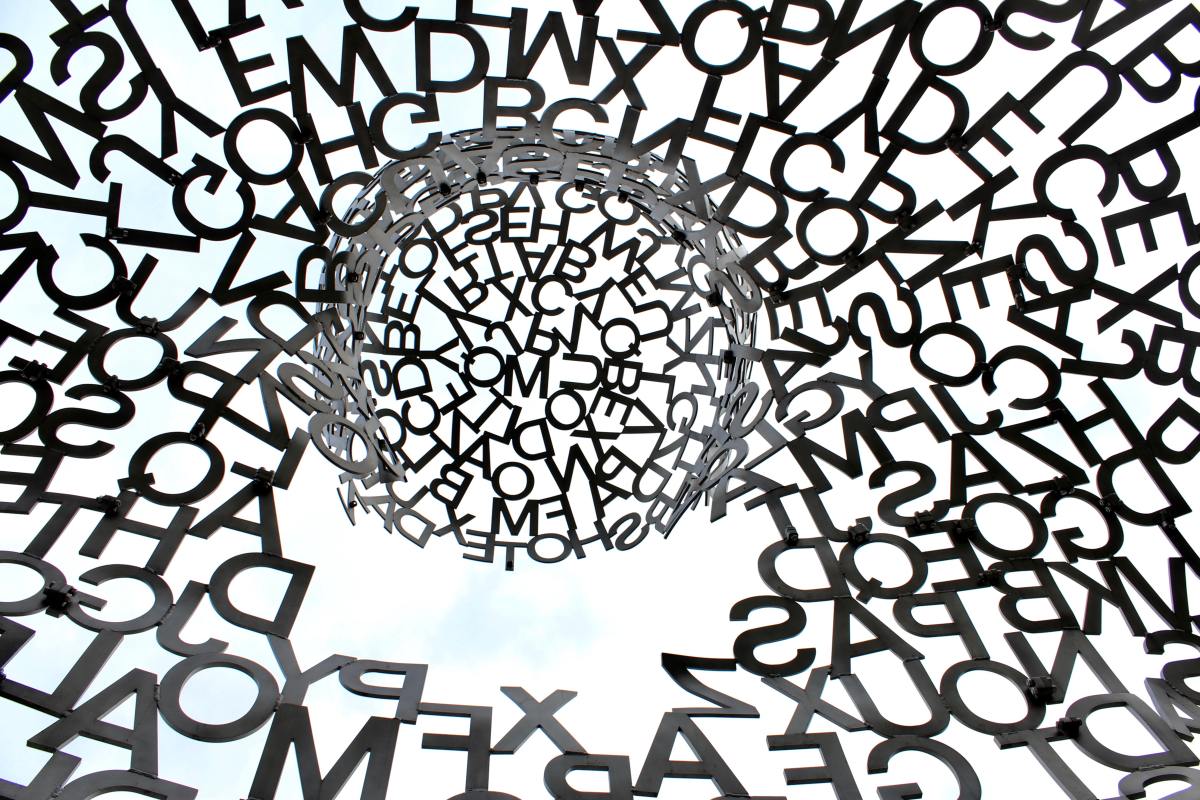
Word search and puzzle solvers are tools designed to help users find words, solve puzzles, and enhance their word game strategies. Here’s a breakdown of how they work and how you can use them:
Word Search Solvers
1.Purpose
- Word search solvers assist users in finding specific words within a grid of letters. They can be used for both simple word searches and more complex puzzles.
2.How They Work
- Input: Users typically input the letters from the word search puzzle, either by typing them into a tool or uploading an image of the puzzle.
- Search Algorithm: The tool uses algorithms to search for words within the grid. It looks for words horizontally, vertically, and diagonally.
- Output: The solver highlights or lists the locations of the words found in the grid, making it easier for users to complete their puzzles.
3.Example Tools
- Online Solvers: Websites like WordFinder, WordSearchSolver, or Puzzle-Maker can process word search puzzles.
- Apps: There are mobile apps available for solving word searches on the go.
4.Usage Tips
- Accuracy: Ensure that the grid is correctly inputted to get accurate results.
- Complex Puzzles: Some solvers handle advanced features like irregular grids or puzzles with mixed directions.
Puzzle Solvers
1.Purpose
- Puzzle solvers are designed for a variety of word-based puzzles, including crosswords, anagrams, and letter jumbles. They help users find solutions by processing clues or letter combinations.
2.Types of Puzzle Solvers
- Anagram Solvers: Rearrange letters to find possible words. Useful for games like Scrabble or Wordle.
- Crossword Solvers: Help find words based on clues and existing letters in a crossword puzzle.
- Jumble Solvers: Unscramble mixed-up letters to form valid words.
3.How They Work
- Input: Users enter letters, clues, or partially filled words into the tool.
- Search Engine: The tool uses databases of words and algorithms to generate possible solutions based on the input.
- Output: The solver provides a list of possible words or solutions, often with options to filter by length or letter patterns.
4.Example Tools
- Word Descrambler: Tools like Unscramble.net or WordFinder.org that help with unscrambling letters.
- Crossword Help: Websites like Crossword Solver or NYT Crossword Solver offer help with crossword clues.
- Anagram Solvers: Apps like Anagram Solver or Scrabble Word Finder are useful for finding anagrams.
5.Usage Tips
- Accuracy: Input the correct letters or clues to get useful results.
- Filters: Use filters or options to narrow down the list of possible words, especially for long or complex puzzles.
Conclusion
In the conclusion, briefly summarize the key points discussed about 4-letter words ending in “U,” emphasizing their importance for word games and language learning. Encourage readers to practice using these words and explore additional resources for further learning.
FAQ’s
What are some examples of 4-letter words ending in “U”?
- Examples include “guru,” “menu,” and “tolu.”
Are there many 4-letter words that end in “U”?
- No, there are relatively few 4-letter words that end with “U.”
Can you use 4-letter words ending in “U” in Scrabble?
- Yes, many of them are accepted in Scrabble, depending on the dictionary used.
What is the most common 4-letter word ending in “U”?
- “Guru” is one of the most commonly used 4-letter words ending in “U.”
Are there any 4-letter words ending in “U” that are used in other languages?
- Yes, words like “tolu” are borrowed from other languages.
Do 4-letter words ending in “U” have special meanings?
- Yes, some have specific meanings in different contexts, such as “guru” (a teacher or expert) or “menu” (a list of dishes).
Can 4-letter words ending in “U” be used in crosswords?
- Yes, they are often used in crossword puzzles.
How can I remember 4-letter words ending in “U”?
- Try associating them with their meanings or use mnemonic devices.
Are there any 4-letter words ending in “U” that are considered rare?
- Yes, some words like “tolu” are less commonly used and might be considered rare.
Can I find 4-letter words ending in “U” using a word search tool?
- Yes, word search tools and solvers can help identify these words.
Are there any cultural references for 4-letter words ending in “U”?
- Some words, like “guru,” have significant cultural or religious connotations.
What is the origin of the word “guru”?
- “Guru” is derived from Sanskrit and means “teacher” or “master.”
Are 4-letter words ending in “U” commonly used in everyday language?
- Some, like “menu” and “guru,” are quite common in everyday language.
How can 4-letter words ending in “U” be useful in word games?
- They can be valuable for scoring points or completing puzzles in word games.
What is the pronunciation of the word “tolu”?
- It is pronounced “TOH-loo.”
Can 4-letter words ending in “U” be used in educational activities?
- Yes, they can be used for vocabulary building and language exercises.
Are there any 4-letter words ending in “U” that have multiple meanings?
- “Guru” can mean both a spiritual teacher and an expert in a field.
Can 4-letter words ending in “U” be found in dictionaries?
- Yes, reputable dictionaries include many of these words.
How do I search for 4-letter words ending in “U” online?
- Use word lists, word solvers, or search engines to find these words.
What is a good strategy for using 4-letter words ending in “U” in games?
- Focus on maximizing points and using them to complete word combinations or achieve high scores.

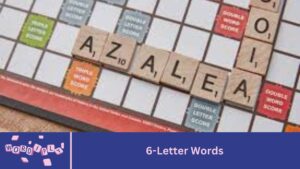




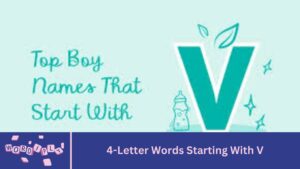
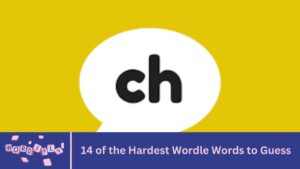
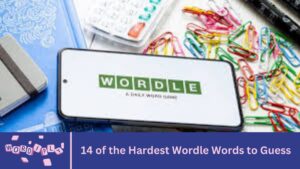

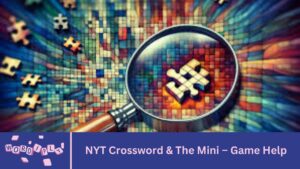
![Science Fiction Book Sales Statistics [2023]](https://wordiplypro.com/wp-content/uploads/2024/09/Add-a-heading-17-300x169.jpg)



